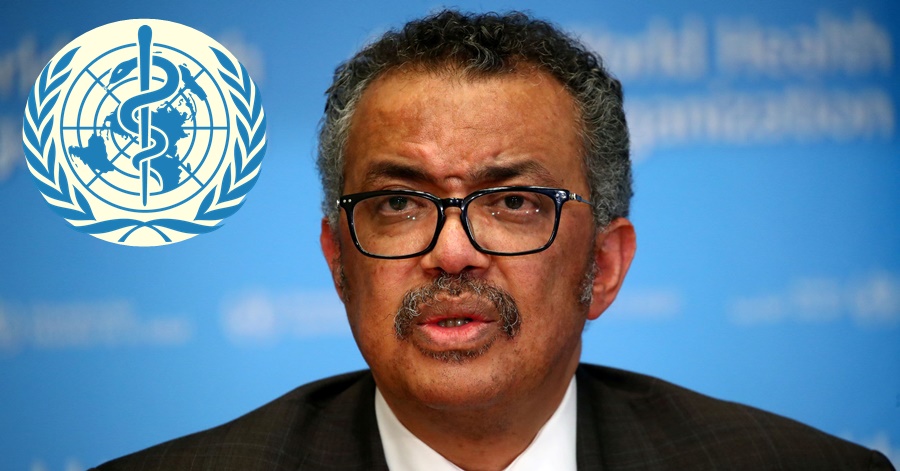The World Health Organization (WHO) stressed that the coronavirus pandemic is far from over amid vaccine rollout in many countries.
At present, more than 780 million doses of COVID-19 have now been administered globally.

WHO Chief Warns that COVID-19 Pandemic “Far From Over”
As per WHO Director-General Tedros Adhanom Ghebreyesus said, “[R]ight now, intensive care units in many countries are overflowing and people are dying – and it’s totally avoidable.”
“The COVID-19 pandemic is a long way from over. But we have many reasons for optimism. The decline in cases and deaths during the first two months of the year shows that this virus and its variants can be stopped,” he added.
Despite this predicament, the WHO Director-General said that the pandemic can be under control in the next few months if health protocols will be in place.
As per a report by Reuters, India has overtaken Brazil to become the nation with the second-highest number of infections worldwide after the United States.
India is battling a second wave of coronavirus cases, having given about 105 million vaccine doses among a population of 1.4 billion.
The WHO chief also noted that in some countries, despite continuing transmission, restaurants and nightclubs were full and markets were open and remain crowded.
In line with this, he also expressed concern over the confusion, complacency, and inconsistency in public health measures and their application are driving transmission and costing lives. Cautioning that the disease is not flu, he said young, healthy people have died from the coronavirus.
He added that there’s still much that is not yet known about the long-term consequences of infection for those who survive. Some people appear to be taking the approach that if they are relatively young, it doesn’t matter if they get COVID-19.
He also warned that the pandemic is a long way from over. Despite this, Mr. Ghebreyesus said the world has many reasons for optimism.
He explained that the decline in cases and deaths during the first two months of the year shows that this virus and its variants can be stopped.
Mr. Ghebreyesus reiterated: “Physical distancing works. Masks work. Hand hygiene works. Ventilation works. Surveillance, testing, contact tracing, isolation, supportive quarantine and compassionate care — they all work to stop infections and save lives.”
READ NEXT: China Rolls Out Vaccination Campaign for Expats